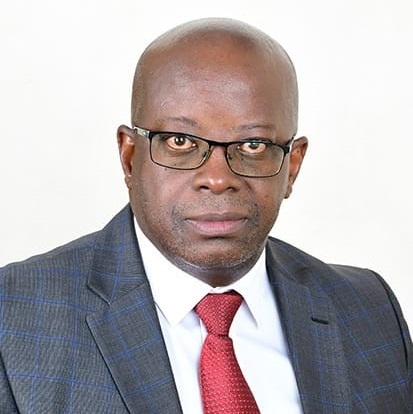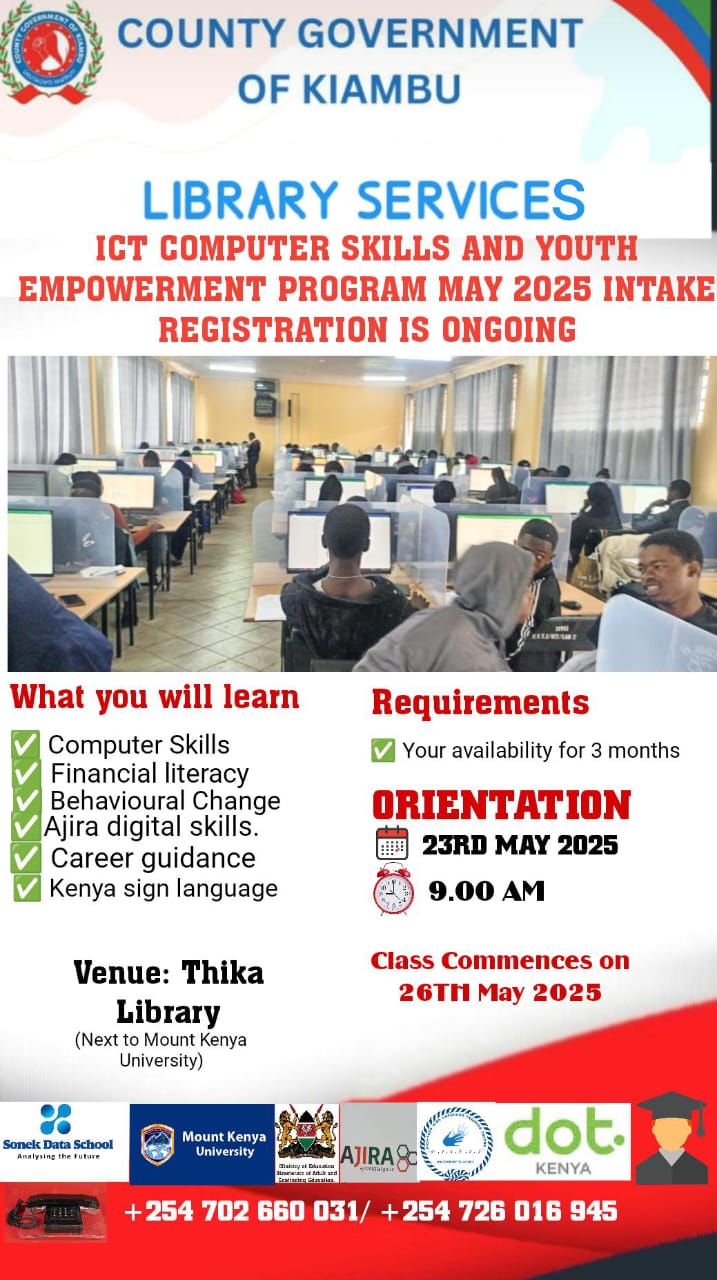The Municipal Manager’s primary role is to oversee the governance and management of the municipality and report to the Municipal Board in accordance with Section 28 of the Urban Areas and Cities Act (2011, amended 2019) and the Urban Areas and Cities (General) Regulations, 2022. The Municipal Manager reports directly to the Director of Municipal Partnerships and Coordination within the Department of Urban Areas Development and Administration. The core duties include, but are not limited to:
Key Responsibilities
1. Support to Leadership: Assist the Director of Municipal Partnerships and Coordination and the Municipal Board(s) in fulfilling their mandate as per the Urban Areas and Cities Act (2011, Amended 2019), County Government Act (2012), and other relevant regulations.
2. Managerial Oversight: Coordinate the administration and development of the municipality, working with stakeholders like the Sub-county Administrator and relevant county officers (e.g.sub-county engineer, planner, surveyor).
3. Performance Reporting: Regularly update the County Executive Committee Member (CECM) and Chief Officer for Urban Areas Development and Administration via the Director of Municipal Partnerships and Coordination on municipality performance.
4. Asset Management: Oversee the management of municipal assets, including office equipment, computers, development plans, and other assigned resources.
5. Revenue Generation and Reporting: Contribute to municipal revenue generation, ensuring accurate and timely reporting, in collaboration with Sub-county Administrators.
6. Procurement Coordination: Manage procurement for the municipality in partnership with the Municipal Board(s) and relevant urban development officers.
7. Public Participation and Engagement: Facilitate public consultations for development projects with the Municipal Board, stakeholders, and communities to ensure regulatory compliance and sustainable development.
8. Process Improvement: Develop effective work processes and procedures to enhance service delivery, responsiveness, and resolution of customer grievances.
9. Human Resources Management: Administer and manage municipal staff in line with the Kiambu Human Resources Manual and relevant codes of conduct for public officers.
Additional Duties
a) Administrative Oversight: Supervise all staff, monitor project performance, and ensure efficient operations within the municipality.
b) Policy Development: Support the creation and adoption of governance policies, service charters, and by-laws for effective municipal administration.
c) Integrated Development Programs: Collaborate with the board to create development programs and set targets for improved municipal services.
d) Legislative Compliance: Implement County and national regulatory requirements as delegated by the county executive.
e) Environmental Management: Ensure adherence to waste management and environmental sustainability regulations.
f) Urban Development Controls: Establish systems for land use, zoning, and infrastructural development in collaboration with relevant stakeholders.
g) Budget Preparation: Prepare work and procurement plans, budgets, and submit to the CECM for review, approval, and implementation.
h) Revenue Collection: Enhance revenue collection for the county through applicable taxes, levies, and fees.
i) Impact Monitoring: Track the effectiveness of municipal services, policies, and programs.
j) Revenue Enhancement: Establish strategies to boost municipal revenue programs.
k) Records Maintenance: Maintain accurate records, including performance reports, budgets, and project updates.
l) Data Management: Create a comprehensive information system accessible to the Municipal Board and the County Executive, with public access provisions.
m) Stakeholder Partnerships: Support Municipal Boards in forming partnerships for sustainable urban development initiatives.
n) Public Health and Safety: Promote water, sanitation, air quality, and noise pollution management programs to improve local quality of life.
o) Public Transport Regulation: Facilitate public transport regulation to reduce congestion and enhance mobility.
p) Service Delivery Monitoring: Oversee board-provided services to ensure efficient and improved delivery.
q) Governance Structures: Implement governance and performance management systems to support compliance with financial provisions.
r) Regular Reporting: Submit work plans and reports to the CECM and Chief Officer for effective municipal performance monitoring.
s) Other Duties: Perform additional tasks as assigned by the county government or as specified by applicable law.
These duties ensure the effective, sustainable management of municipal functions and contribute to the overall development of urban areas.









